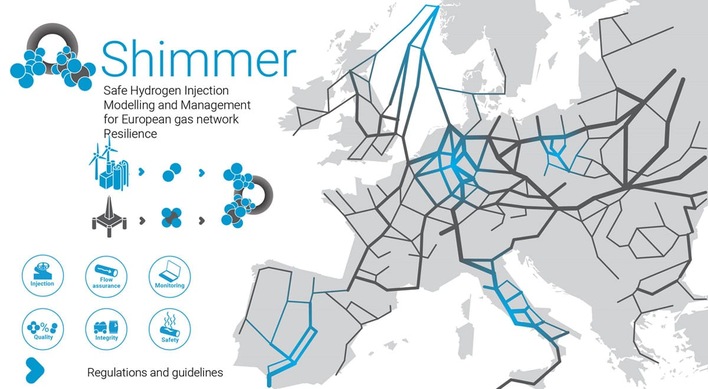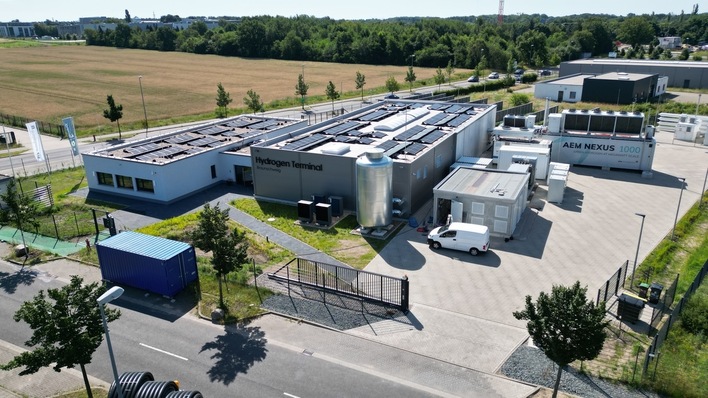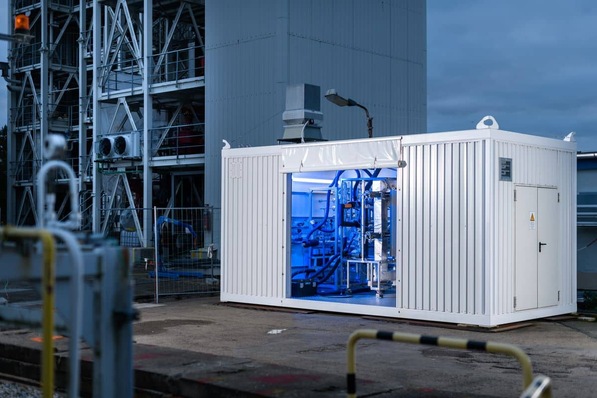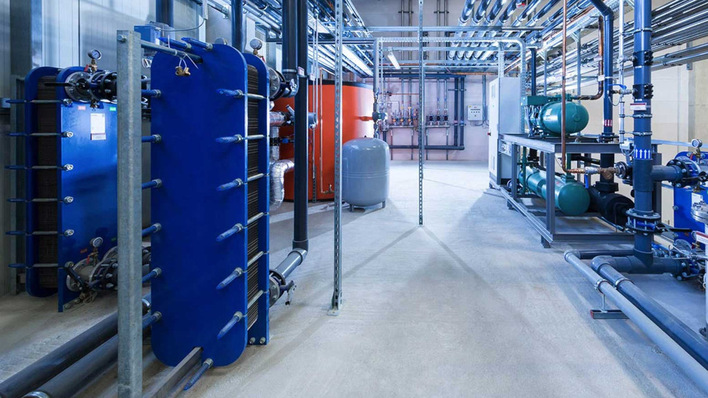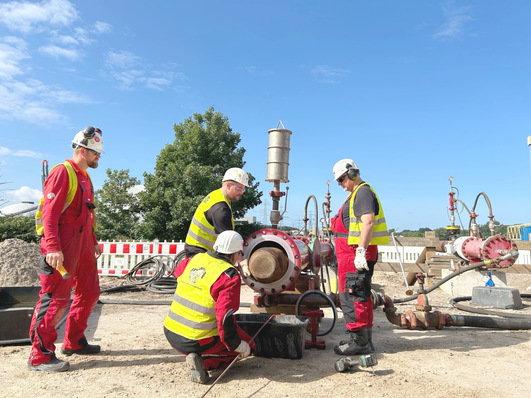Gasunie Deutschland has started converting an existing natural gas pipeline in Bremen to enable future hydrogen transport. Work at the Weserdüker Süd construction site is expected to be completed by the end of November 2025. The company is investing around €1.4 million in the upgrade.
The conversion is part of the Hyperlink hydrogen project, through which Gasunie plans to create a connection between the hydrogen markets in Germany, the Netherlands and Denmark. A total of nine conversion measures are being implemented in Bremen as part of the project.
Connection to the hydrogen core network planned by 2027
According to Gasunie, the company will be able to transport hydrogen from the Dutch border through Bremen to Hamburg from the end of 2027. About 70 percent of the Hyperlink route will be realised by repurposing existing natural gas pipelines, reducing costs and accelerating implementation compared to building new infrastructure. The Hyperlink project is expected to contribute around ten percent to the nationwide hydrogen core network, which was approved a year ago.
As part of the European IPCEI process (Important Project of Common European Interest), the Federal State of Bremen is supporting the project with around €387,000. “Our major industrial companies, from the automotive sector to port operations, need reliably available large volumes of hydrogen if production processes are to be converted to climate-friendly energy sources,” said Bremen’s Senator for Economic Affairs Kristina Vogt during a visit to the construction site.
Gasunie calls for reliable framework conditions for large-scale consumers
Gasunie Managing Director Britta van Boven sees infrastructure as a key building block for the hydrogen ramp-up: “Our infrastructure is laying the groundwork for a CO₂-free energy supply in Bremen.” At the same time, she warned of the economic risks associated with underutilised pipelines: “Providing empty transport pipelines represents a significant economic and financial risk for network operators.” Van Boven called on policymakers to create timely solutions to enable large consumers such as the steel industry to switch to hydrogen.
By the end of 2025, Gasunie aims to have completed around 190 kilometres of the Hyperlink network, equivalent to about one fifth of the total route. According to the company, the first major new construction projects in Lower Saxony and Schleswig-Holstein are currently in the approval phase.




